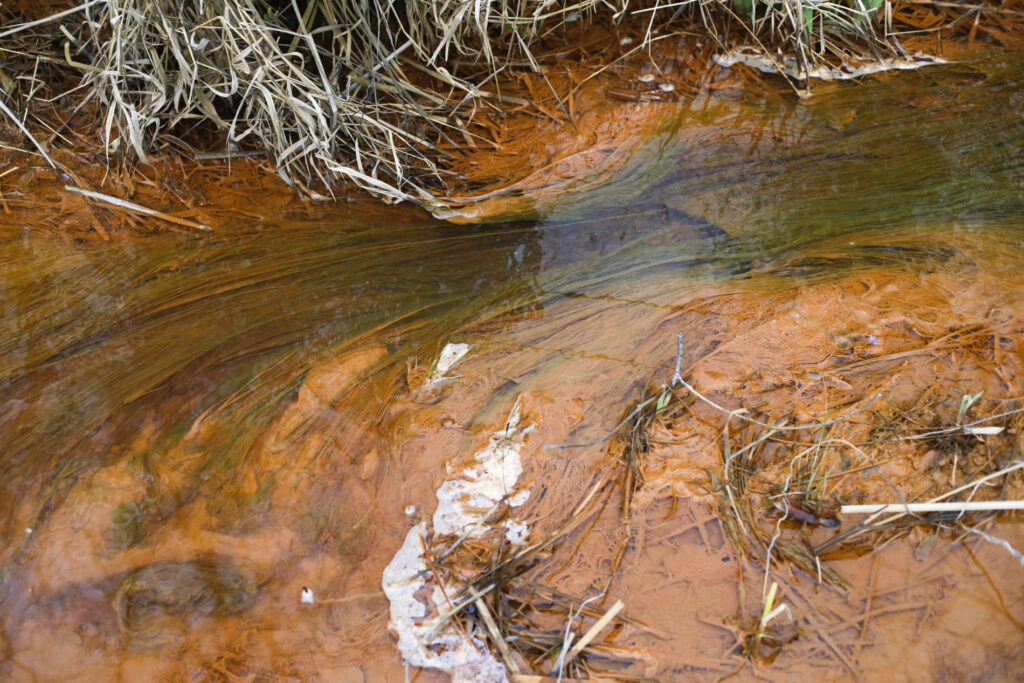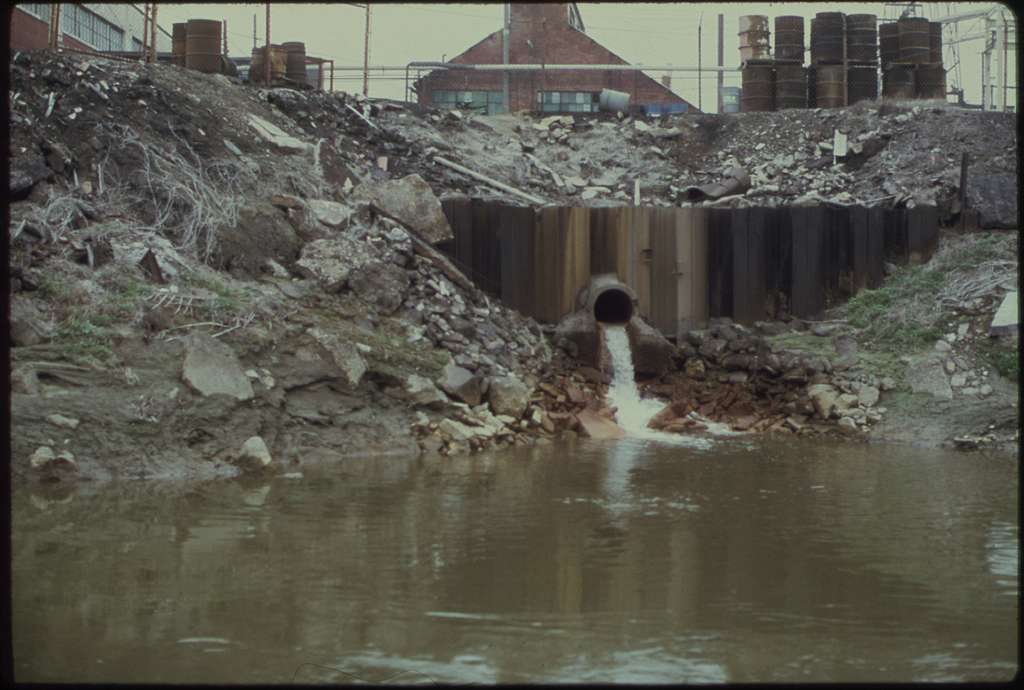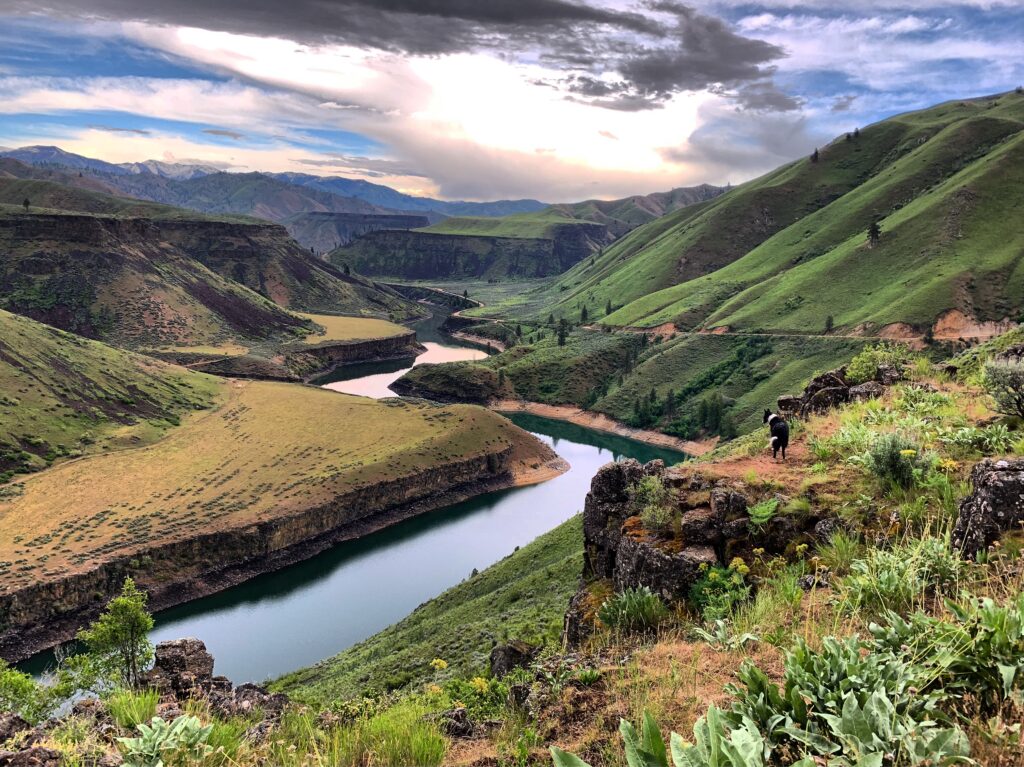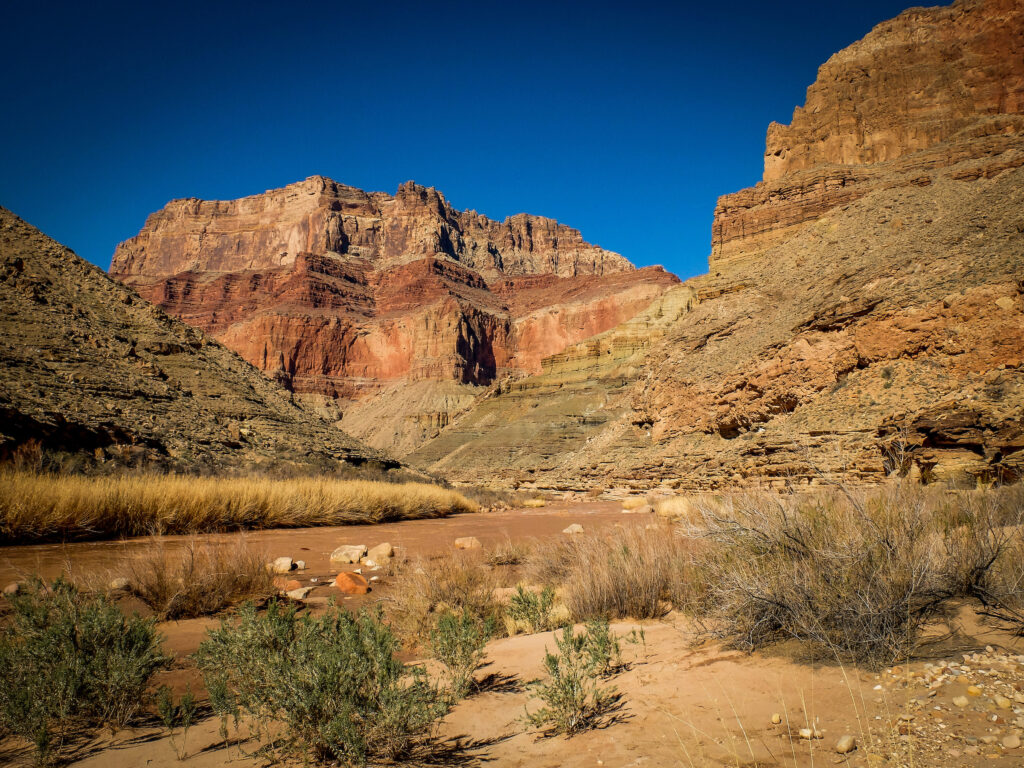How the Department of Justice helps keep your water clean
Shutting down key offices in the Department of Justice will make it impossible for them to keep up enforcement and keep our communities safe and healthy.

When it comes to protecting clean water in the United States, it truly takes a village. Of course, the EPA and other agencies focused on water and infrastructure play a large role, but believe it or not, so does the Department of Justice. For over 100 years—through Republican and Democratic presidencies—the Department of Justice has enforced the nation’s civil and criminal environmental laws, including the Clean Air and Clean Water Acts. In order for these Acts to have meaning, they must be enforced. These enforcement efforts have resulted in significant public health benefits to the American people through the reduction of pollution and the protection of important natural resources.
Unfortunately, the Trump administration recently began shutting down two key sections—the Law and Policy section and the Office of Environmental Justice—within the Environment and Natural Resources Division (ENRD) of the Justice Department. Both sections play important roles enforcing environmental laws and ensuring public health and limiting exposure to pollution.
The administration also began reassigning key additional attorneys. The attorneys leading ENRD, the Appellate Section, the Environmental Crimes Section, the Environmental Enforcement Section, and the Natural Resources Section were all reassigned to positions focused on immigration—specifically “sanctuary cities.” It also suspended a 75-year-old Honors Program for entry level attorneys. This program has been a constant through many administrations—hiring some of the best attorneys out of law school to staff the division.
Understaffed, it will be difficult if not impossible for the Department of Justice to keep up enforcement and to keep our communities safe and healthy.

One example of the critical role these two offices play can be seen in a recent case in North Carolina. Over a four year period, an employee at American Distillation Inc., a chemical processing company near Wilmington, was illegally dumping over 50,000 gallons of chemical pollutants directly into the Cape Fear River. This was just upriver of the popular Carolina Beach State Park. They were doing this to cut corners but were exposing local communities in the area to toxic chemicals. The Justice Department’s ENRD successfully targeted the source of pollution and took the lawbreakers to court. They obtained a guilty verdict and efforts to remedy the damage have begun.
Additionally, while the pollution was impacting the Cape Fear River through Wilmington, NC and affecting its beaches, it was also being dumped near the small town of Navassa, NC, adjacent to Wilmington, where over 60% of the community is Black and where many people actively fish and boat on the river. It is part of the Department of Justice’s job to protect communities like Navassa, which suffer from pollution exposure at a much higher rate than white communities.
Another example, Avin International and Kriti Ruby Special Maritime Enterprises two Greek shipping companies that were falsifying records to conceal their dumping of oily bilge water into American Harbors in Jacksonville, FL and Newark, NJ. The Department of Justice took them to court, secured guilty pleas, and they are now paying multi-million dollar fines.

The point is, some bad actors pollute to save money and cut corners, trying to avoid complying with laws meant to protect our health and well-being. Their actions directly impact communities, and put the burden on others to clean-up.
We can’t risk letting polluters off the hook. These offices play a critical role in protecting the health and safety of our rivers and clean water. Shutting these offices down, moving out experienced attorneys, and freezing the hiring of new ones, will only further endanger our communities.





3 responses to “How the Department of Justice helps keep your water clean”
Healthy rivers are essential for all life and continue to act as functional engines for driving growth of almost all economic sectors. Therefore, effective enforcement of environmental protection and water laws helps to safeguard the wellbeing of the rivers and balancing of the ecosystem. Notwithstanding, the desire for rapid economic growth or fiscal policy fitness should never be used as an excuse for neglecting the health of rivers nor abandoning the importance of nature conservation.
This revelation along with states that are adopting the weak federal rule exempting groundwater, wetlands and temporary streams and sourcewaters (which nearly always flow into a river or creek) from the Clean Water Act must be challenged for the sake of our rivers and ourselves.
We need to keep our rivers clean, please don’t let them be destroyed for the sake of money.